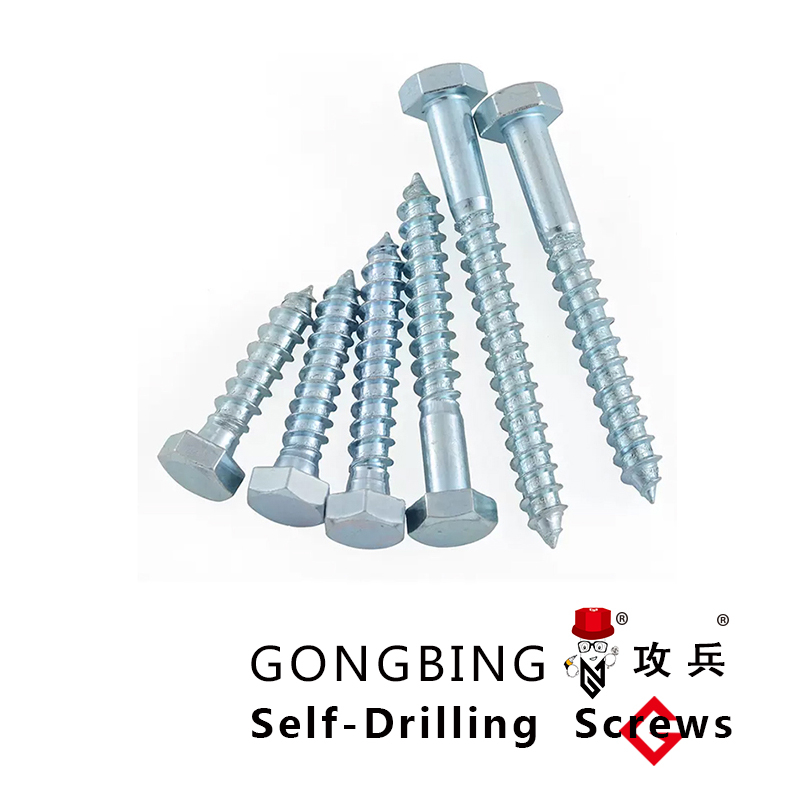chemical anchor bolt m12
The Importance of Chemical Anchor Bolts in Construction
In the realm of construction and engineering, the reliability and safety of structural connections is paramount. One essential component that plays a critical role in achieving this reliability is the chemical anchor bolt, particularly the M12 size. Chemical anchor bolts are designed to secure structural elements to concrete or masonry surfaces, ensuring stability and durability under various conditions.
What Are Chemical Anchor Bolts?
Chemical anchor bolts utilize a combination of mechanical fastening and chemical bonding. Unlike traditional mechanical anchors, which rely solely on friction or expansion, chemical anchors involve a resin or adhesive that cures to bond the bolt to the substrate. The M12 chemical anchor bolt, with a nominal diameter of 12mm, is commonly used for light to medium-duty applications, making it a versatile choice for many construction projects.
Advantages of M12 Chemical Anchor Bolts
One of the primary advantages of using chemical anchor bolts is their ability to perform well in varied environmental conditions. The chemical bonding process provides superior resistance to moisture, temperature fluctuations, and even chemical exposure, which makes them suitable for both indoor and outdoor applications. The M12 bolt, with its smaller size, is particularly useful in applications where space is limited or where precision is required.
Moreover, chemical anchor bolts allow for deeper embedment than traditional anchors. This enhances the load capacity and resistance to pull-out forces, especially in cracked or low-strength concrete. Consequently, engineers and contractors can be more confident in the performance of an M12 chemical anchor bolt.
chemical anchor bolt m12

Installation Process
The installation of M12 chemical anchor bolts involves several steps to ensure optimal performance. Initially, a hole is drilled into the concrete or masonry substrate. This hole must be of the correct diameter and depth as specified for the M12 anchor bolt. After drilling, the hole is cleaned to remove dust and debris, which can impede the adhesion of the chemical resin.
Next, a resin cartridge is inserted into the mixing tool, which combines the two components of the adhesive as it is dispensed into the hole. The M12 anchor bolt is then placed into the hole while the resin is still wet. As the resin cures, it forms a strong bond with both the bolt and the surrounding material, securely anchoring it in place.
Applications in Various Fields
M12 chemical anchor bolts find applications across numerous industries, including construction, civil engineering, and manufacturing. They are often used for securing railings, electrical equipment, heavy machinery, and even in seismic retrofitting projects. Their versatility makes them a staple in both residential and commercial construction.
Conclusion
In conclusion, M12 chemical anchor bolts represent a robust and reliable solution for anchoring applications in various construction projects. Their unique combination of mechanical strength and chemical bonding ensures stability, making them an invaluable component for engineers and contractors. As construction challenges continue to evolve, chemical anchor bolts promise to remain a crucial part of achieving safe and resilient structures. The adoption of such innovative fastening solutions is a clear step forward in the construction industry, emphasizing the importance of secure and durable connections.
-
Weatherproof Plastic Expansion Anchors for OutdoorNyheterJun.06,2025
-
Sustainability in the Supply Chain: Eco-Friendly TEK Screws ProductionNyheterJun.06,2025
-
Load-Bearing Capacity of External Insulation FixingsNyheterJun.06,2025
-
Double Head Bolts: Enhancing Efficiency in Industrial MachineryNyheterJun.06,2025
-
Corrosion Resistance in Chipboard Screws: Coatings for Wholesale DurabilityNyheterJun.06,2025
-
Butterfly Toggle Bolts : Enhancing Structural ResilienceNyheterJun.06,2025
